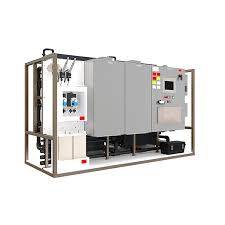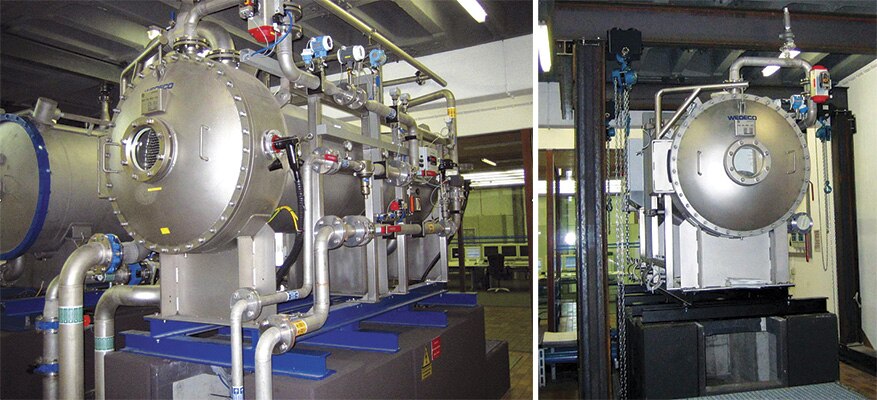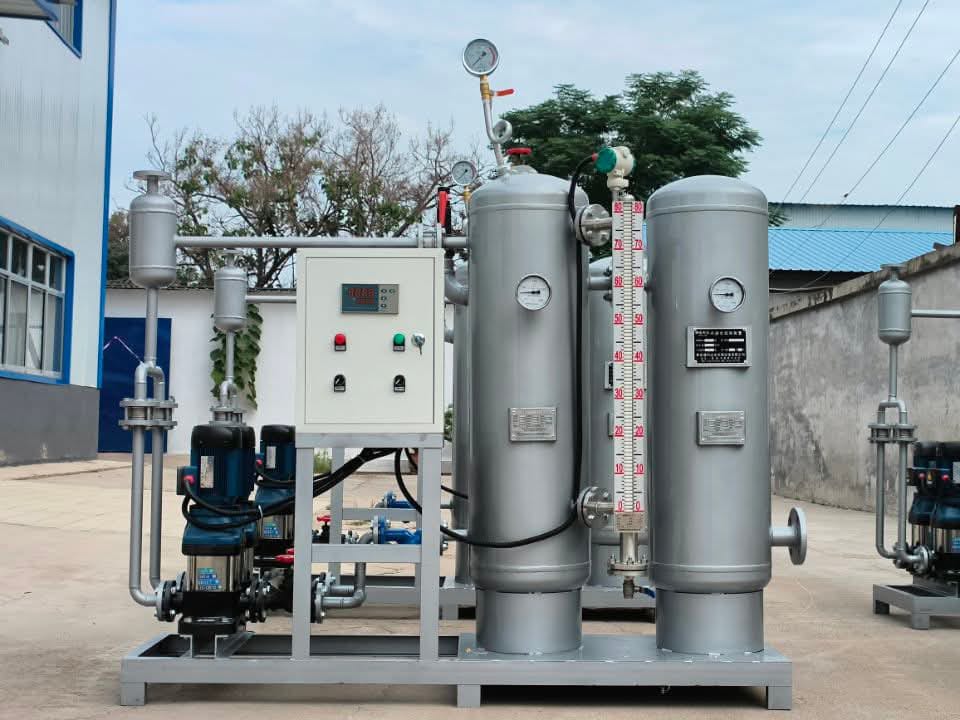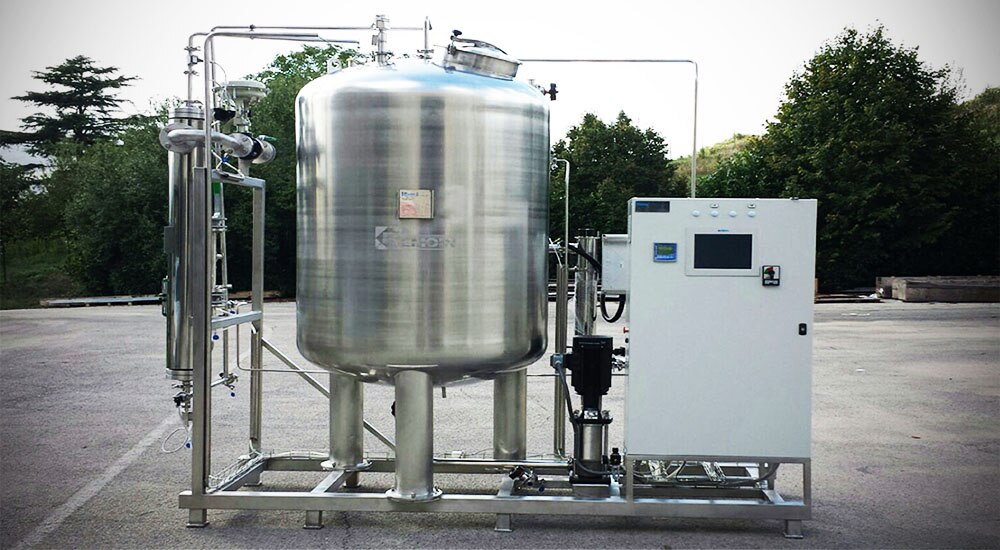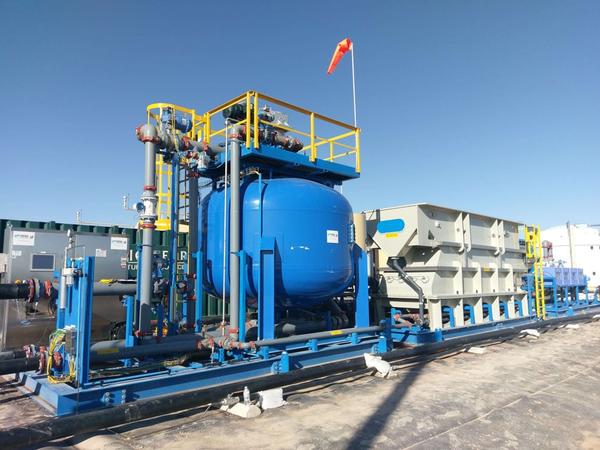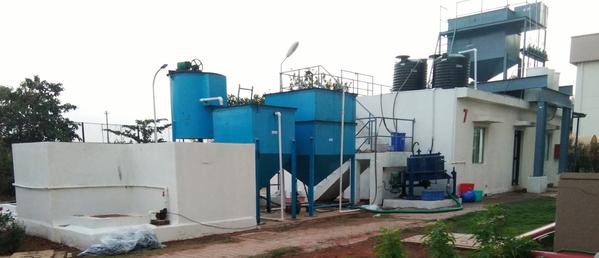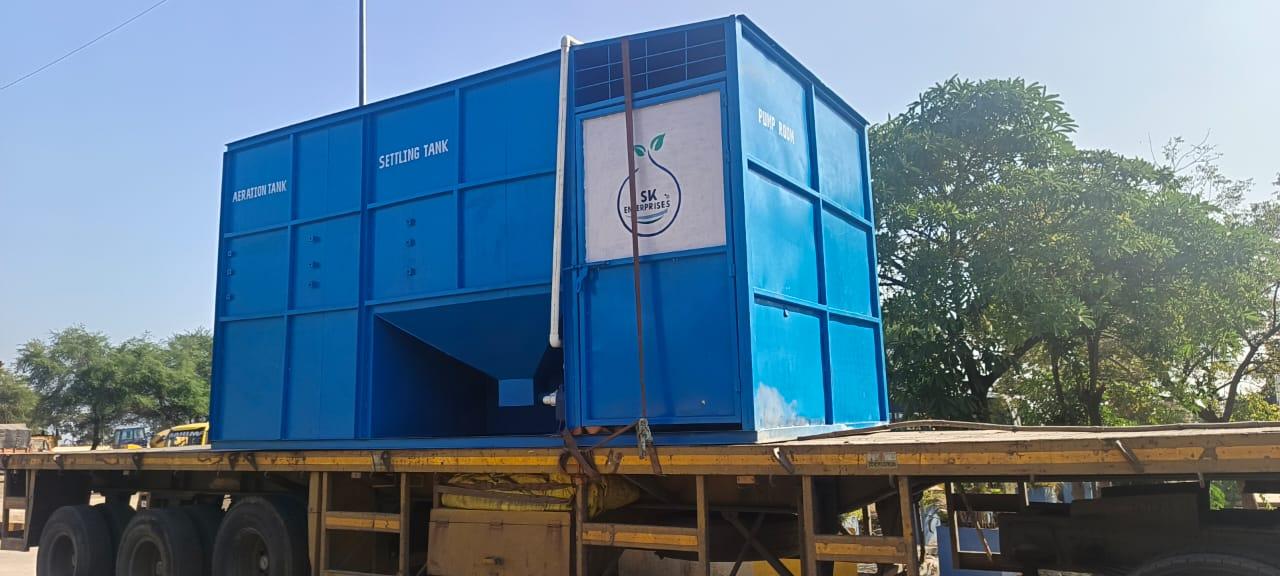Description
Product details
Ozone is a very strong oxidant and virucide. The mechanisms of disinfection using ozone include: Direct oxidation/destruction of the cell wall with leakage of cellular constituents outside of the cell. Reactions with radical by-products of ozone decomposition. Ozonation in wastewater treatment is an advanced oxidation process that utilizes ozone (O3) to disinfect and remove contaminants from wastewater. It's a powerful method for eliminating bacteria, viruses, and other pathogens, as well as oxidizing organic and inorganic substances that cause taste, odor, and color issues. Ozonation can be used as a standalone treatment or in combination with other methods like reverse osmosis or catalytic ozonation for enhanced purification. How it works Ozone Generation: Ozone is typically generated on-site at the wastewater treatment plant, often using a corona discharge method. This involves passing dry air or oxygen through a high-voltage electrical field, which converts stable oxygen molecules into ozone. Ozone Diffusion: The generated ozone gas is then diffused into the wastewater, creating numerous tiny bubbles. This maximizes the contact area between the ozone and the contaminants in the water, facilitating the oxidation process. Oxidation and Disinfection: Ozone, being a strong oxidizing agent, reacts with organic and inorganic pollutants in the wastewater. This process breaks down contaminants into simpler, less harmful substances like carbon dioxide and water. Ozone also effectively destroys microorganisms by damaging their cell walls and membranes, acting as a powerful disinfectant. Applications in wastewater treatment Ozonation finds application in various stages and aspects of wastewater treatment: Disinfection: It effectively inactivates a wide range of pathogens including bacteria, viruses, and protozoa, reducing the risk of waterborne diseases. Removal of Organic Pollutants: Ozone breaks down a wide array of organic compounds like pesticides, pharmaceuticals, and industrial chemicals that might be difficult to remove using conventional methods. Color and Odor Removal: Ozonation eliminates unpleasant tastes, odors, and discoloration often caused by natural organic matter, according to Journal of Industrial Pollution Control. Sludge Reduction and Dewatering: Ozonation can destroy filamentous bacteria that make sludge difficult to dewater, potentially reducing sludge volume and improving its handling characteristics. Enhanced Biological Treatment: Ozone can improve the efficiency of subsequent biological treatment processes by increasing the biodegradability of organic matter. Removal of Heavy Metals and other Inorganic Pollutants: Ozone oxidizes heavy metals like iron and manganese into insoluble forms that can be easily removed by filtration. Benefits High Effectiveness: Ozonation effectively removes a broad spectrum of pollutants and disinfects wastewater. No Harmful Byproducts: Unlike some other disinfectants like chlorine, ozone decomposes rapidly into oxygen, leaving no toxic residuals in the treated water. Enhanced Water Quality: It improves the aesthetic qualities of the water by removing color and odor. Rapid Treatment: Ozonation typically requires shorter contact times compared to other disinfection methods. Eco-friendly: Ozonation is considered a environmentally sound treatment option as it reduces the release of pollutants into the environment. Future of ozonation in wastewater treatment: Ongoing research focuses on improving the efficiency and cost-effectiveness of ozonation in wastewater treatment through: Developing more efficient ozone generation technologies. Optimizing ozone diffusion and contact methods. Combining ozonation with other advanced treatment processes (e.g., Ozonation/Biological Treatment, Ozonation/Activated Carbon) to enhance overall contaminant removal and overcome the limitations of individual processes. Exploring catalytic ozonation for increased efficiency and reduced cost. In conclusion, ozonation offers a promising approach to improve wastewater treatment by providing effective disinfection, reducing a variety of pollutants, and contributing to the production of high-quality treated water that can potentially be reused or safely discharged into the environment.


